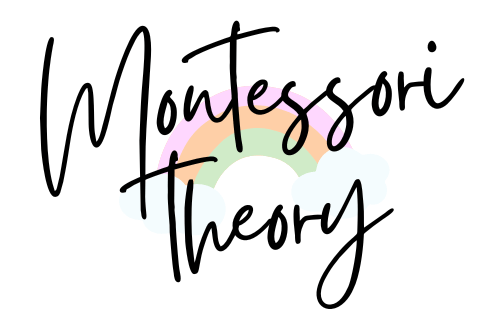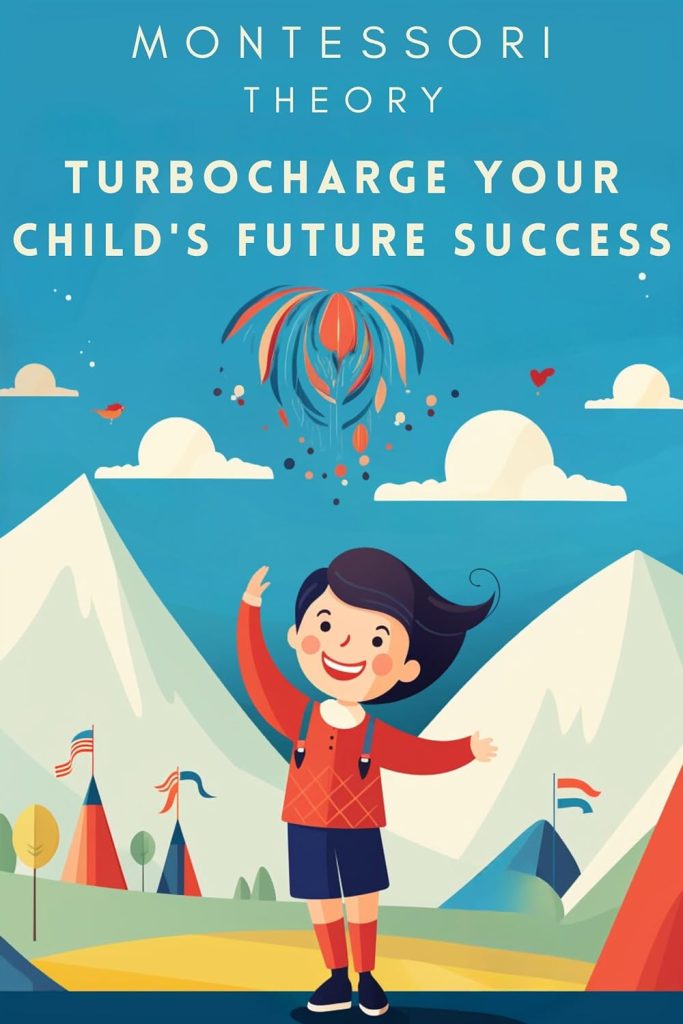As society grapples with evolving educational paradigms, the Montessori Method finds itself at the epicenter of a heated debate. This system, which prioritizes individual learning paths and hands-on experiences over traditional didactic instruction, has been adopted globally with significant acclaim. Yet, beneath its celebrated surface lies a contentious question: Is it creating self-sufficient learners or inadvertently breeding a generation ill-equipped for the nuances of social interaction?
This article peels away the layers of this educational strategy to examine its social implications. It is a call to arms for educators, parents, and scholars to weigh the merits and pitfalls of a Montessori education, especially its impact on a child’s ability to navigate the complex social landscape of the modern world.
The Montessori Philosophy: A Double-Edged Sword?
The Montessori philosophy, with its core belief in the child’s intrinsic desire to learn, presents a unique educational approach that aims to nurture the whole child. This method, emphasizing individual pace and autonomy, seeks to transform education into a supportive tool for life’s various facets. Yet, this noble pursuit raises critical questions about its impact on social development. As children navigate their learning independently, often in quiet contemplation and personal exploration, skeptics worry about the potential neglect of essential social skills and the communal chaos that traditional education often embraces for teaching cooperation and social negotiation.
Critics voice concerns that the Montessori environment, for all its focus on self-direction and solitude, might limit children’s exposure to group dynamics and the valuable lessons found in social friction. The fear is that graduates may excel in self-discipline and creativity yet struggle with teamwork and adapting to structured communal settings. This perspective suggests that Montessori’s strengths in fostering independence could inadvertently isolate students from the realities of social interdependence and the complexities of group interactions.
Despite these criticisms, Montessori’s advocates highlight the system’s advantages, including its community-oriented atmosphere and mixed-age classrooms, arguing these aspects promote a different form of socialization rich in empathy and mentorship. This debate underscores a fundamental paradox: Can an educational model so dedicated to cultivating individualism also effectively prepare students for the demands of social connectivity and teamwork? The Montessori philosophy thus remains a double-edged sword, offering a path to independence that may or may not compromise the development of crucial social competencies.
Successes and Struggles in Social Adaptation
The Montessori Method has long been celebrated for its ability to foster independence and self-motivation among its learners. With its unique approach to education, emphasizing individual exploration and self-directed learning, Montessori schools have produced a number of remarkable individuals who have excelled in various fields. These success stories often highlight alumni who have gone on to found innovative startups or lead initiatives for social change, suggesting that the Montessori method’s focus on creativity and independence can be directly linked to their achievements. This evidence supports the notion that Montessori education can indeed nurture highly successful, self-reliant individuals who thrive in environments where innovation and autonomy are valued.
However, this rosy picture of success is not without its counter-narratives, which bring to light the challenges some Montessori alumni face when it comes to social adaptation in more traditional, team-oriented settings. There are accounts of individuals who, despite their academic and solitary achievements, encounter difficulties with teamwork, conflict resolution, and navigating the dynamics of conventional workplaces. These stories suggest that while the Montessori method excels at promoting self-discipline and independent thought, it may not provide sufficient opportunities for students to develop the social skills necessary for success in collaborative environments. The question arises: is the Montessori method’s emphasis on individual learning journeys inadvertently creating barriers to social integration and teamwork?
This dichotomy between individual success and social struggle among Montessori-educated individuals fuels a broader debate about the goals and outcomes of education. It raises important questions about the balance between fostering academic excellence and ensuring the development of well-rounded individuals equipped with the social competencies required for success beyond the classroom. While Montessori education undoubtedly produces self-motivated learners capable of remarkable achievements, these case studies prompt a reevaluation of how educational methods can better support the holistic development of students, preparing them not only for personal success but also for the complexities of social interaction and collaboration in the wider world.
Montessori Versus Traditional Education Systems
The educational landscape presents a stark contrast between the Montessori system and traditional schooling, each carving distinct social paths for its students. Traditional education’s structured approach is designed to mirror societal norms, instilling discipline and teamwork skills crucial for navigating adult life’s structured environments. In contrast, Montessori education emphasizes self-guided learning and personal choice, aiming to develop independence, adaptability, and empathy, qualities valued in a rapidly changing world. However, debates arise over each system’s effectiveness in fostering the comprehensive social skills necessary for complex interpersonal interactions and societal integration.
Critics of Montessori argue that its focus on individual learning may not adequately prepare students for the collaborative and hierarchical realities of the workplace, while proponents believe that Montessori’s mixed-age classrooms and emphasis on personal exploration better mirror real-world social structures, promoting a deeper sense of empathy and community responsibility. Skeptics of both approaches question whether the respective emphasis on independence or conformity might overlook essential aspects of social development, such as conflict resolution and the ability to compromise.
This ongoing debate underscores the deep social implications of choosing between Montessori and traditional education systems. It’s a decision that transcends academic considerations, touching on the essence of how we prepare our children for the future’s social challenges. As we navigate this complex discussion, it becomes clear that the goal is not to find a definitive answer but to continuously seek educational approaches that balance individual growth with the skills necessary for effective societal participation.
The Role of Parents and Teachers in Shaping Social Skills
The debate on the Montessori method’s impact on social development often overlooks crucial influencers: parents and teachers. Questions arise about whether gaps in social skills stem from the educational approach itself or the support framework provided by these key figures. While Montessori educators are praised for nurturing academically and socially adept individuals through a guiding, observant role, critics wonder if this approach, favoring minimal intervention, adequately addresses the development of essential social competencies, particularly for those children who may be naturally shy or reluctant in social settings.
Critics challenge the Montessori method’s laissez-faire stance on social interactions, suggesting that its emphasis on self-directed learning might neglect the direct teaching of social skills crucial for navigating life. Meanwhile, the role of parents in reinforcing these skills outside the classroom raises additional questions. The balance between fostering independence and ensuring adequate socialization opportunities becomes a point of contention, highlighting a potential oversight in the holistic development of children educated under Montessori principles.
This discourse invites a broader reflection on educational and parenting philosophies, suggesting that the perceived shortcomings in social development may reflect wider societal trends towards individualism. The conversation encourages a reevaluation of values, pondering whether the focus on self-reliance has come at the expense of community and cooperation. It points to the need for a more integrated approach in education, one that equally prioritizes the cultivation of individual autonomy and social interconnectedness.
Reflecting on the Montessori Approach to Social Development
As our exploration of the Montessori Method’s impact on social skills concludes, we find ourselves at a critical junction, questioning whether its focus on fostering independent learners might neglect the communal and teamwork skills vital in today’s interconnected society. This debate goes beyond academic discourse, challenging us to evaluate the essence of education in nurturing individuals equipped for the modern world’s complexities. Does Montessori offer a groundbreaking educational model, or does it overlook the importance of social adeptness in favor of self-motivation and independence?
This discussion, traversing the varied terrains of Montessori and traditional education, has illuminated the intense debate surrounding these approaches. It calls for a collective examination of our educational values and the roles that educators and parents play in developing socially competent individuals. In an era marked by rapid change and societal challenges, our deliberation on preparing our children for the future has never been more crucial. Let this dialogue inspire us to seek a balanced educational approach—one that cultivates not only intellectual prowess but also the empathy and resilience necessary for a cohesive society.





